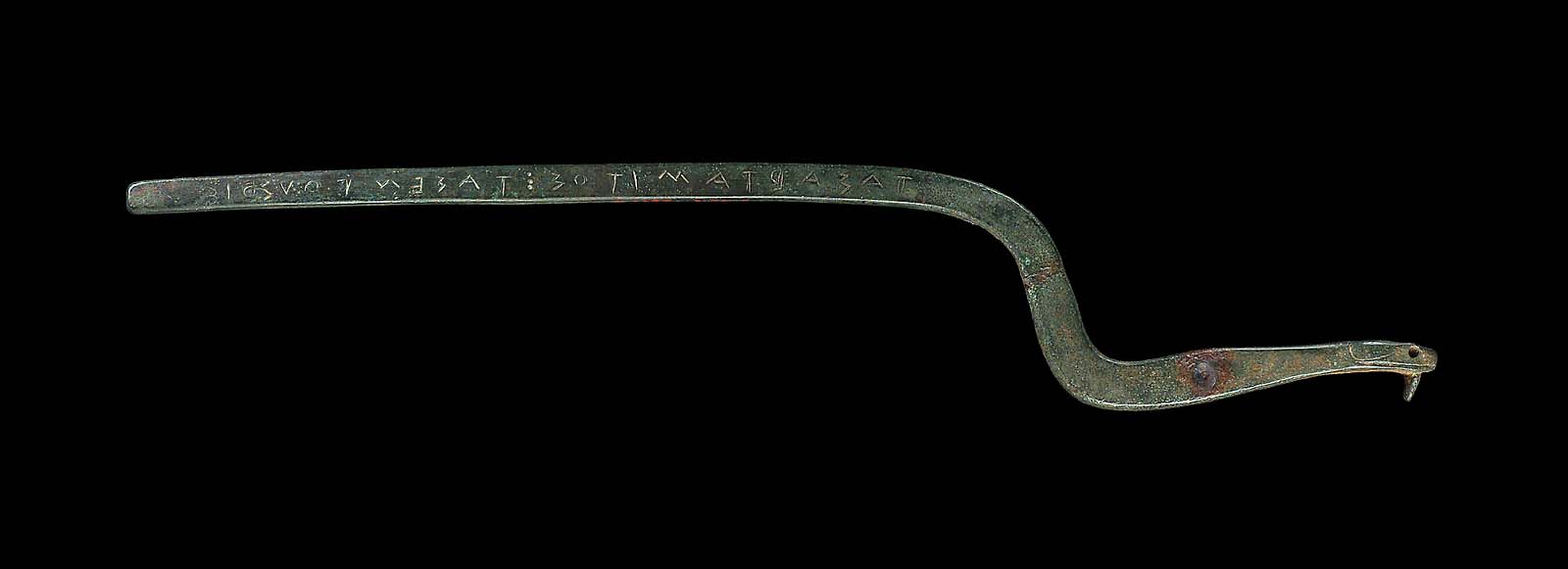As I write, the internet is abuzz with news that Aristotle's tomb has been discovered.
Well, maybe it has. Maybe not. The archaeologist making the claim admits he has no proper evidence. He does have enough circumstantial evidence to guess that it might be the right place.
I admit I'm far from convinced that they've got Aristotle's tomb. Here's the problem:
After Alexander left Macedonia to conquer the world, Aristotle returned to Athens and set up a school called the Lyceum, to rival the other school of philosophy called the Academy. Which is the origin of both those words in English.
After Alexander died, Aristotle was in a spot of bother. Anyone associated with Alexander was in severe danger of being killed off in the subsequent fighting. Then apparently someone accused Aristotle of impiety to the gods. Since this was the same charge that had got Socrates killed eighty years before, Aristotle didn't hang around. He ran to the ancient city of Chalcis on the island of Euboea. There he contracted a stomach complaint of some sort and subsequently died.
Now for the fun game of find the missing dead guy...
Aristotle's will specified that he was to be buried beside his first wife. If that's what happened then the tomb is definitely not Aristotle's. Aristotle appointed a very powerful man called Antipater to be the executor of his will. Antipater was a former governor of Greece under Alexander, so we can expect a man of that ability to get something as simple as this right.
BUT! There are four separate sources, all of them Arabic, all writing much later and all using documents that are now lost, that say Aristotle was buried at Chalcis. Since he died there, this is credible.
Two of these four then say that later on, after the body had moldered, a committee arrived from Stagira asking for the remains. Since Stagira was the birthplace of Aristotle, this is credible, but only two of the four Arab sources say this happened.
If they are to be believed then what was left of Aristotle was popped into an urn, (possibly cremated), carried to Stagira, and placed in an area then named the Aristoteleion.
The current claim then is that the Aristoteleion has been found.
To nail this they need to find an inscription that says, Welcome to the Aristoteleion. Or words to that effect. Since the site was locally famous there have to be inscriptions. Without that, all they can say is that they have a lovely looking room that dates to the right period.

